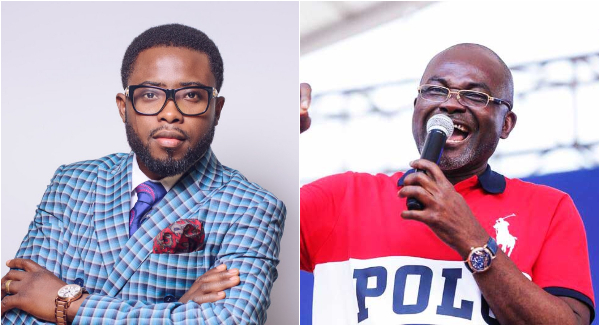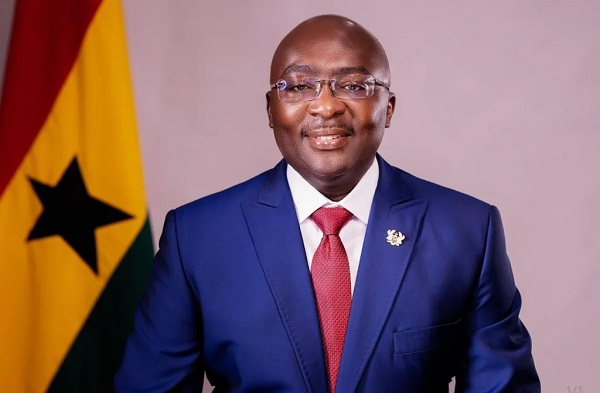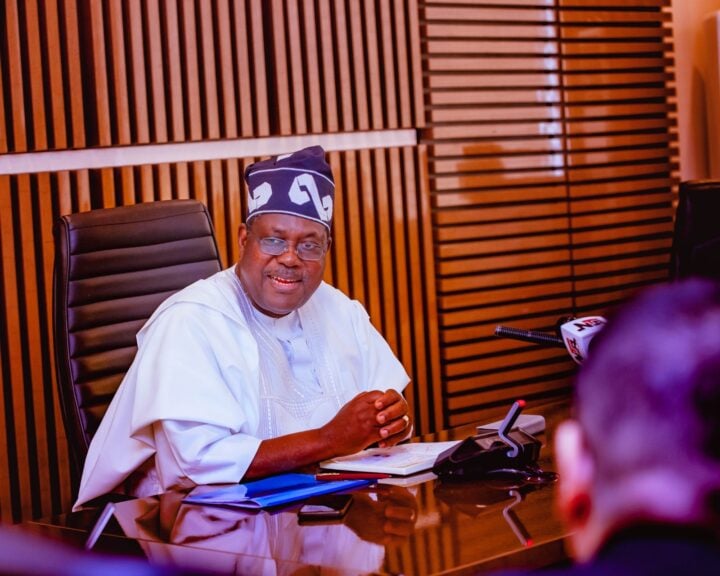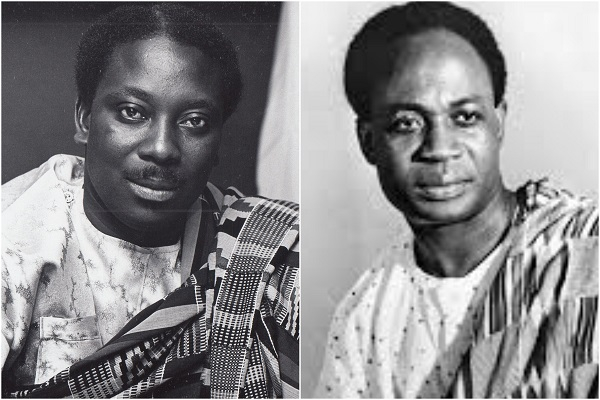Global Social and Political Initiatives: Amnesty International in Hong Kong and Germany's Basic Income Experiment

The concept of universal basic income (UBI), often described as "free money" for everyone without the requirement to work, has gained traction among economists and public figures alike. From Marxist thinkers to the Pope and Elon Musk, the idea of providing a regular, unconditional allowance to all citizens has sparked considerable debate and research. Germany has been contemplating UBI since the 1970s and, in some ways, already provides a form of basic income to the unemployed through relatively high unemployment benefits. However, UBI differs significantly from current unemployment compensation systems by offering a monthly allowance without conditions, irrespective of other income sources, allowing recipients to work and earn more if they choose.
A significant question surrounding UBI is whether people would continue to work if provided with a basic income. To explore this, German researchers initiated the Basic Income Pilot Project, one of the most extensive empirical studies on the impact of unconditional basic income. The project's results have been released alongside a documentary film series, "Der große Traum: Geld für alle" (The Big Dream: Money for Everyone), directed by Alexander Kleider, which follows some of the study's participants.
The study, initiated by the German non-profit organization Mein Grundeinkommen and conducted by various research groups, including the German Institute for Economic Research (DIW Berlin), involved over 2 million applicants. From this pool, 122 individuals were randomly selected to receive €1,200 ($1,310) per month for three years, starting in June 2021. A control group of 1,580 individuals answered the same research questions to provide a basis for comparison. Participants were between 21 and 40 years old, lived alone, and had a net income between €1,100 and €2,600 per month.
The documentary series follows five participants, researchers, and activists from Mein Grundeinkommen, an organization that has been campaigning for basic income for over a decade through crowdfunding and redistribution experiments. Michael Bohmeyer, the founder of Mein Grundeinkommen, is a central figure in the film. Director Alexander Kleider found Bohmeyer's work and the three-year study inspiring, viewing UBI as a potential "third way between capitalism and socialism." Kleider aimed to create a personal and unbiased portrayal of the concept.
Bohmeyer's motivation stems from his experience as a passive co-owner of a successful startup, where he received a monthly profit distribution of €1,000, which he considered his "personal basic income." This experience fueled his belief that everyone should have access to a similar monthly allowance. The five participants in the series were chosen to represent diverse personalities and lifestyles, highlighting the contrast between the idealism of activists like Bohmeyer and the consumerist tendencies of some participants who quickly spent their additional income.
One of the study's key findings was that recipients of basic income continued to work an average of 40 hours a week, debunking the notion that UBI would lead to widespread laziness. However, a significantly higher percentage of participants in the basic income group changed jobs compared to the control group, suggesting that the financial security provided by UBI empowered them to make career moves. Additionally, more people in the basic income group pursued further education, often while maintaining their jobs.
Job changes primarily occurred within the first 18 months of the payout period. After this, participants receiving basic income reported significantly higher satisfaction with their work situation, regardless of whether they had changed jobs. Overall life satisfaction also increased among those receiving basic income, a finding that psychologist Susann Fiedler of the Institute for Cognition and Behavior found particularly noteworthy.
Mein Grundeinkommen continues to advocate for UBI and will randomly select another group of people to receive basic income for one year, funded by over €500,000 collected from contributors. The organization envisions UBI being financed through wealth redistribution via taxes, with the top 10% of earners contributing a portion of their income to the rest of the population. They estimate that 83% of the population would have access to more money, while 7% of middle-income earners would remain unaffected.
Activists believe UBI can combat dissatisfaction caused by wealth inequality. The study demonstrates that basic income does not cause people to stop working but rather empowers them. Klara Simon, the current head of Mein Grundeinkommen, argues that UBI serves as a "social springboard," fostering innovation, equal opportunities, and a stronger democracy.
In related news, human rights group Amnesty International has announced the opening of a new Hong Kong section "in exile" to replace the offices closed in 2021 due to a repressive security law imposed by Beijing. The new branch, officially registered in Switzerland, will be run by Hong Kong activists living in the diaspora across Australia, Canada, Taiwan, Britain, and the US. Amnesty's secretary-general, Agnes Callamard, stated the new section demonstrates the resilience of their movement and commitment to defending human rights. This office is the first of Amnesty's to be founded and operated entirely in exile.
Former Hong Kong lawmaker Fernando Cheung, who has joined the office as a board member, said operating from abroad would allow more freedom of action. He noted the worsening human rights situation in Hong Kong and the need to speak up and connect with other international groups. According to Amnesty's website, the new office, Amnesty International Hong Kong Overseas (AIHKO), will focus on advocating for the human rights of Hongkongers, amplifying their voices, and fostering a strong diaspora community globally.
Hong Kong, a former British colony returned to China in 1997, has seen Beijing tighten its grip, particularly after the 2019 pro-democracy protests. The imposition of a national security law has led to the arrest of at least 322 people and the conviction of 163 for subversive acts. Amnesty cited the risks posed by the security law when closing its Hong Kong offices in 2021, stating it made it effectively impossible for them and other rights groups to work freely. Additionally, more than 10,000 people, many of them students, have been arrested for protest-related activities since 2019.










